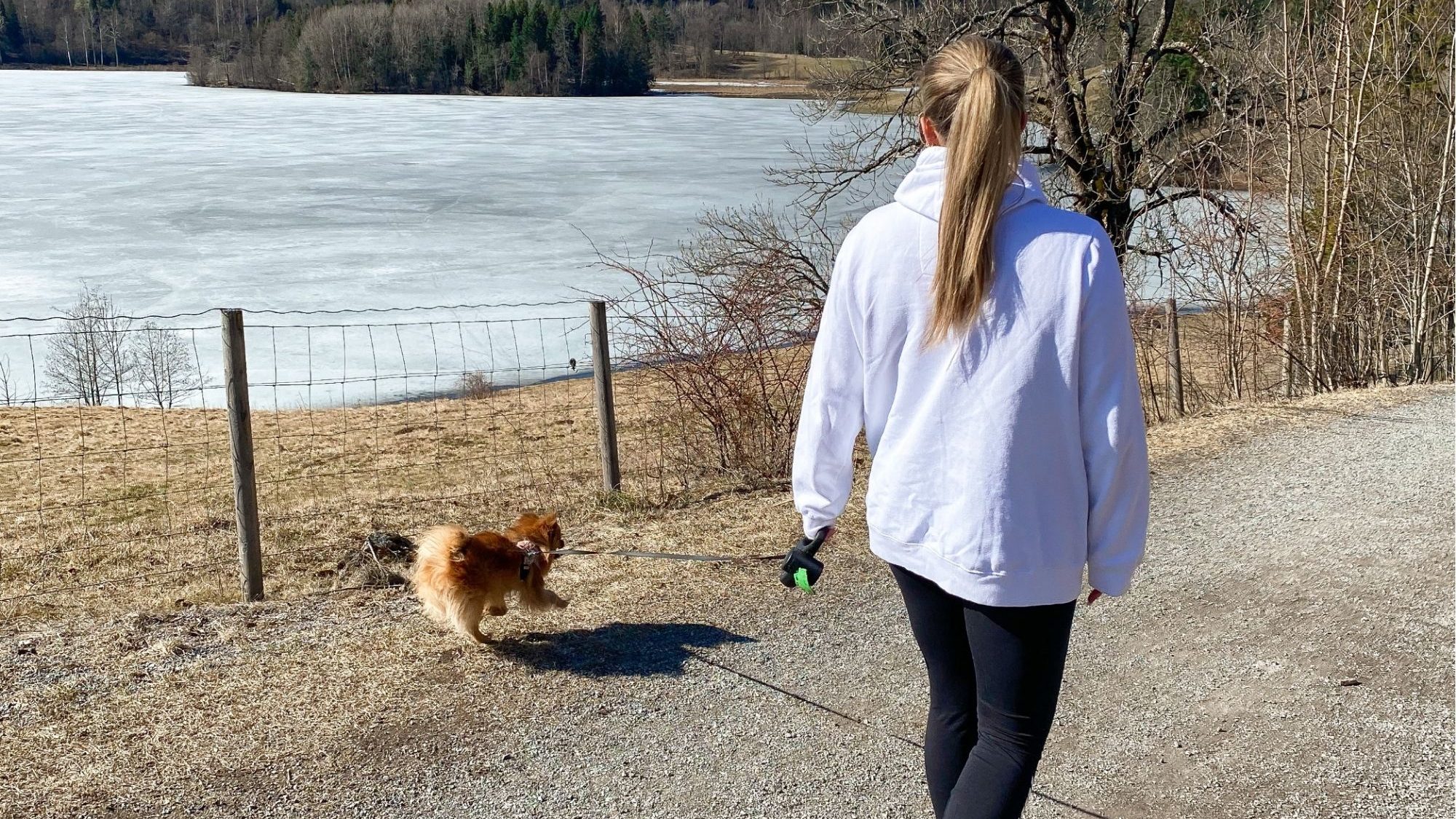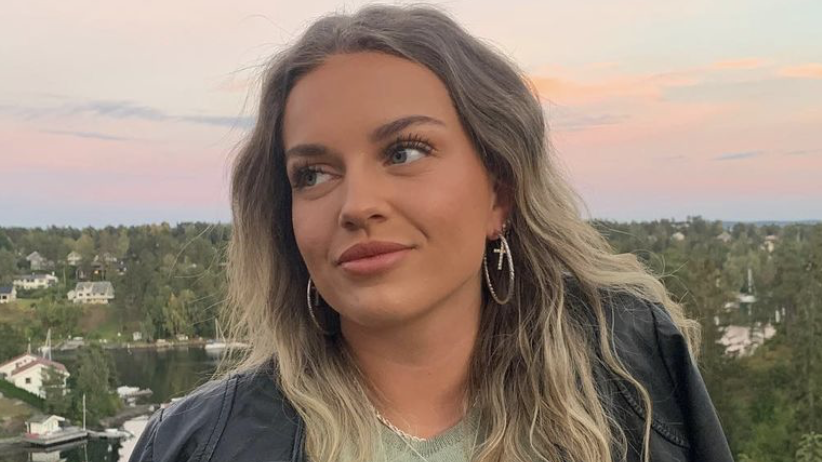
NATURE AS A LIFELINE – Hannah S. K.
Hannah is a Norwegian 23-year-old woman living in Greater London. She has dealt with severe mental health illness for years. As a teenager, she had no idea that the feelings of deep sadness were depression. Or that the feeling of intense worrying was anxiety. She learned to use nature as her lifeline and gained strength from reconnecting with the outdoors in London.

Studies show that 49 per cent of Generation Z are experiencing heightened difficulty in maintaining their mental health due to self-isolation, quarantines and lockdowns caused by the pandemic. Hannah has now created a far better mental well-being for herself and is ready to learn others Gen Z’s to do like her. She calls nature her lifeline.
We sat down with her to find out exactly how she developed this strong relationship with nature, used it to her advantage and got out of her depression.
When did you start to use nature to treat your mental health illness? Tell us about your journey started.
We can all agree that there’s something about breathing fresh air, having the wind blow in your hair and listening to the sound of birds singing around you. There is something utterly stressless about this feeling. When I was in the darkest place I’ve ever been, I tried to figure out when and where I felt the calmest. The first thing that came to my mind was the feeling of nature around me. It is even proven that our bodies release less cortisol and more natural endorphins when we are outside, which cause happy thoughts and feelings of calmness.
At this time, my daily life was about staying in bed and barely getting myself up to eat, so I started slow. When you’re depressed, the last thing you want to do is go outside, but I forced myself out on a walk that day. The walks eventually made me feel better as I got more used to it. From that day, becoming the person I am today was a long journey.
How exactly have you been using nature as a “lifeline”?
Well, it started as just short, yet important, daily walks. As I said, they eventually made me feel better. This made me want to expand my comfort zone and use the beautiful nature I had right outside my door in Norway. I spent that year challenging myself and enjoying the outdoors. I went hiking and cycling in the mountains, swimming in the ocean and even camped outside in a tent. I hadn’t felt that great in so long, and the only thing causing that was as simple as the outdoors. Since then, I have moved to study abroad in London and learned to take advantage of the beautiful natural environments.
Nature is a massive part of me and my everyday life here in London.

What is your advice, to a Generation Z of London, on how to take care of your mental health?
I think this pandemic has impacted all our lives in some way. By having increased screen time, decreased social contact and too much time by ourselves, it is honestly difficult to maintain your mental health. Myself, have gotten pretty good at being aware of what makes my mental health worse. I’ve been working actively on maintaining my mental health by doing what makes me feel better.
My best advice is to go outside in the natural environments London has to offer at least once a day. Even if it’s the last thing you want to do. As I said, our bodies produce more endorphins, which are our happy hormones, by being more outside.
If you can’t get yourself outside, a tip is to download the Asos app. The app has a new feature called “Asos Go Map”, where you get rewarded with personalised offers to use on their shopping site by walking around in the natural environments of London.